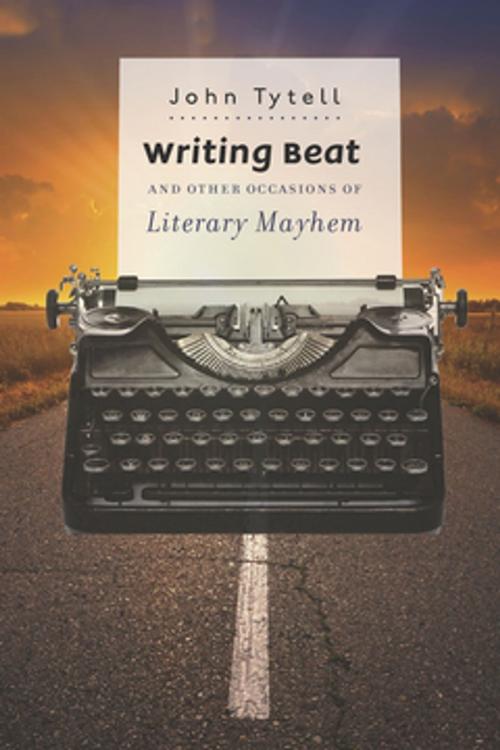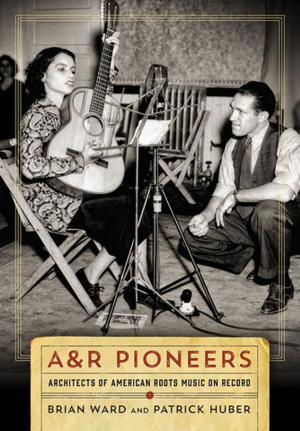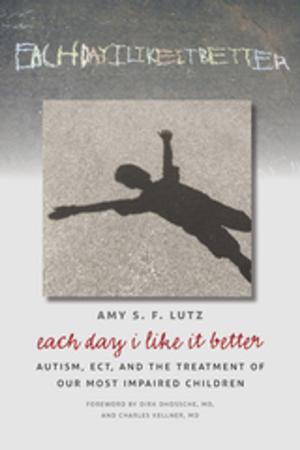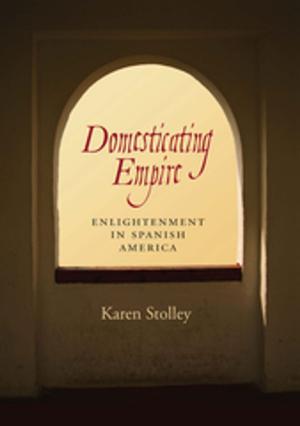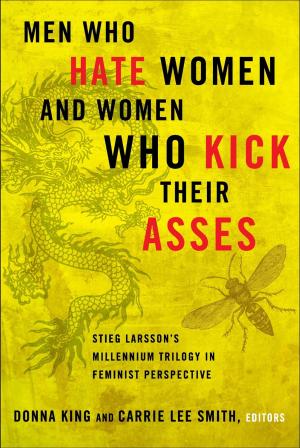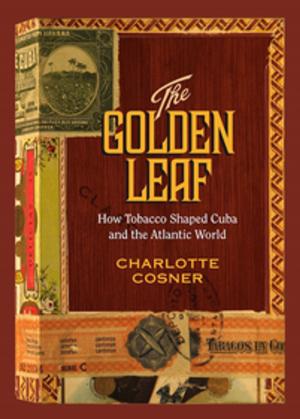Writing Beat and Other Occasions of Literary Mayhem
Fiction & Literature, Literary Theory & Criticism, American, Nonfiction, History, Americas, United States, 20th Century, Biography & Memoir| Author: | John Tytell | ISBN: | 9780826520166 |
| Publisher: | Vanderbilt University Press | Publication: | November 17, 2014 |
| Imprint: | Vanderbilt University Press | Language: | English |
| Author: | John Tytell |
| ISBN: | 9780826520166 |
| Publisher: | Vanderbilt University Press |
| Publication: | November 17, 2014 |
| Imprint: | Vanderbilt University Press |
| Language: | English |
The story and history of the Beats couldn't be found in the traditional libraries or archives of academic research. For preeminent historian of Beat culture John Tytell, it had to be found in the bars, towns, roads, and hangouts of these writers and figures. And as Writing Beat demonstrates, the same techniques apply to new and future writers.
Approaching the history of post-war twentieth century American literature, and in particular the Beat literary movement of Kerouac, Ginsberg, Burroughs, and others, Tytell finds himself uniquely positioned as an eyewitness to many of these stories. In this book, he shares his insight with the reader. As he interviewed, drank, traveled, and survived countless moments with some of these literary legends, Tytell discovered much about the craft of nonfiction, biography, and the nature of history. Writing Beat demonstrates, through Tytell's growth as a professor and historian of the Beats, lessons learned and hazards encountered for those aspiring to become writers themselves.
As we approach the sixtieth anniversary of Allen Ginsberg's Howl, Writing Beat reminds us writers do not spring to life fully formed, and the struggle to get to literature can be a blast.
The story and history of the Beats couldn't be found in the traditional libraries or archives of academic research. For preeminent historian of Beat culture John Tytell, it had to be found in the bars, towns, roads, and hangouts of these writers and figures. And as Writing Beat demonstrates, the same techniques apply to new and future writers.
Approaching the history of post-war twentieth century American literature, and in particular the Beat literary movement of Kerouac, Ginsberg, Burroughs, and others, Tytell finds himself uniquely positioned as an eyewitness to many of these stories. In this book, he shares his insight with the reader. As he interviewed, drank, traveled, and survived countless moments with some of these literary legends, Tytell discovered much about the craft of nonfiction, biography, and the nature of history. Writing Beat demonstrates, through Tytell's growth as a professor and historian of the Beats, lessons learned and hazards encountered for those aspiring to become writers themselves.
As we approach the sixtieth anniversary of Allen Ginsberg's Howl, Writing Beat reminds us writers do not spring to life fully formed, and the struggle to get to literature can be a blast.
